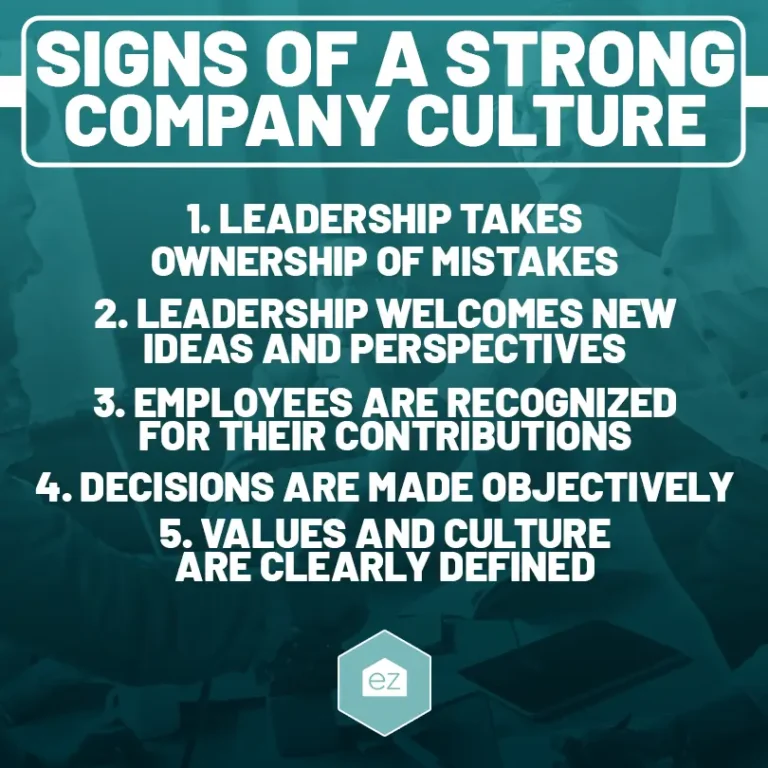The Art of Hiring Real Estate Agents: Building a Team That Grows
Navigating the real estate market can be akin to a high-stakes chess game – each move must be strategic, weighing risk and reward with precision. Nowhere is this analogy more appropriate than when you build a real estate team. The difference between a rook and a pawn can spell the difference between a checkmate deal or a stalemate disaster. So, how do you recruit top-tier real estate agents who will elevate your brokerage?
The first step is recognizing why real estate agents leave their current positions. In 2023, the median years of experience for real estate agents was 11, but the median tenure at the present firm was six. That means most real estate agents change their affiliation at least once.
Common reasons for jumping onto a new team include disillusionment with the lack of growth opportunities, insufficient financial agreements, and feeling unsupported within a brokerage. Proactive real estate managers looking to grow their teams need to build a culture around these areas, not only for attracting talent but also for retaining top talent.

Know Who You Are
First off, none of what follows will work for growing your real estate team if you don’t clearly grasp what your real estate team does, how they do it, and where they want to go. Simply put, what’s your culture?
Be true to how your brokerage operates. You need to be 100% on point with the kind of culture you want and 100% sure that’s the actual culture you have. Show self-awareness and have the right practices in place.
Keri Shull founded her team and grew it to no. 21 in the nation by having exactly that. “I think how we build our team depends on being really honest with ourselves about what our strengths and weaknesses are,” Shull said in the Reside Platform Podcast. “I was very confident in my ability to make it rain leads, but I did not want to follow up with the leads.”
If you don’t want to work with onboarding and training brand-new real estate agents, why recruit them? Or if your team is built around a culture of accountability, with weekly team meetings and check-ins, why hire a real estate agent who isn’t interested in attending these?
The secret to recruiting success lies in identifying and attracting the most suitable candidates who align with your organization’s goals and culture. It’s not about meeting with every person who expresses interest.
Creating a Culture of Growth
Like everyone else, real estate agents seek personal and professional growth. To attract and keep the best, demonstrate that your brokerage is the place they can grow. What that growth looks like differs from person to person, but generally, it has to do with:
- Mentorship programs where newer agents learn from top producers
- Continuous education and training beyond the basics
- Clear pathways for advancement, whether in position, title, or responsibility
Let aspiring agents see they have the space and support to climb the ladder of success, and they’ll be more likely to establish roots with you.

Financial Incentives That Matter
If your financial agreement is not competitive, you’ll likely lose prospective agents to more appealing offers from other brokerages.
Balance is key here. Agents want to be rewarded for their hard work, but they also want to feel that the split is fair and that the support received is worth the value shared. Craft a commission structure that rewards their performance.
But also take a hard look at what tools and supports your team provides them for the split. Ensure your brokerage offers robust administrative support, state-of-the-art technology, marketing, and legal resources. A robust support system sets up your agents for success and demonstrates your commitment to their professional success.
Relationships First, Recruitment Second
There’s a reason the real estate industry emphasizes the role of personal connections – it’s a business built on relationships. Sure, the tools and technology streamline the whole process, but they don’t replace the personal touch.
Don’t jump into the pitch for your brokerage; cultivate a relationship first. Get to know your prospective agents to understand their goals and challenges. Align their ambitions with how your brokerage can help them achieve them.
Leverage Your Brand and Reputation
A strong brand and a good reputation are magnets to talent. Recruitment starts with what you do daily: creating an exceptional experience for clients buying and selling real estate. It continues through the positive and professional interactions with the agents on the other end of the deal.
When agents can see the impact and growth of your brokerage in the marketplace, they’re more likely to want to be a part of it.
So you build a real estate team, highlight your brokerage’s successes through your marketing. Be clear about your unique selling propositions and promote the wins your current agents are experiencing. Word will get around that your brokerage is a positive place for real estate agents to thrive.
The Onboarding Process: Making a Good First Impression
Your relationship-building efforts don’t end once an agent agrees to join your team. The onboarding process is your opportunity to make a lasting impression, set expectations, and show that you’ll continue to invest in their growth.
Design an onboarding process that is comprehensive but not overwhelming. Delineate clear steps and checkpoints to guide new agents through the first months on the job. Consider having different tracks for brand-new agents, agents with some experience eager to accelerate their careers, and top producers.
Continuous Feedback and Dialogue
Real estate is a dynamic industry that changes rapidly. Agents value regular feedback and open communication. Establish a culture of dialogue with your team, where success and challenges are openly discussed and support and resources are adjusted as needed.
Recruiting the right way means building relationships. Creating trust and showing your recruiting prospects you care ensures you attract the right agents. It also increases your chances of retaining agents after you have invested a lot of time and money in onboarding and training them.
Prospecting Real Estate Agents
Ready to grow your real estate team strategically? Understand the needs of your agents, build a culture of support and growth, and demonstrate the unique advantages your brokerage offers. Remember, the recruitment process is as much about the new agent as it is about your brokerage. The combination of personal and professional growth, a competitive financial agreement, and unwavering support will make your brokerage irresistible to real estate talent.
Start Your Home Search
Preston Guyton
Share this Post
Related Articles
Real Estate Tips
How to Communicate Your Value As A Real Estate Agent
Real Estate Tips
10 Essential Steps to Hiring a Contractor
Real Estate Tips
Why Perfection Squashes Your Real Estate Businesses
Real Estate Tips





